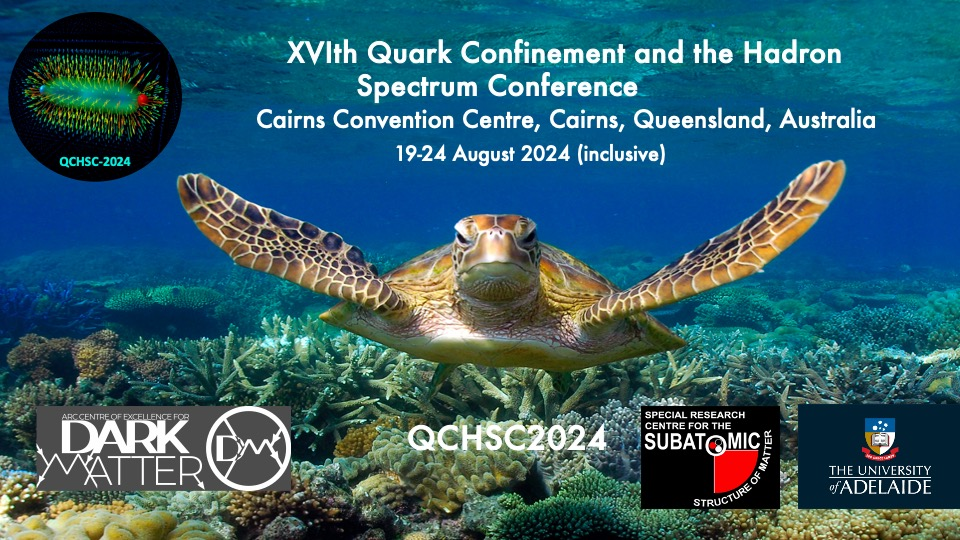Speaker
Description
Strong magnetic fields impact quantum chromodynamics properties in several situations; examples of situations include the early universe, magnetars, and heavy-ion collisions. All of these examples involve time evolution. In this presentation, I will first present results of a study of the effects of a strong magnetic field on the time evolution of the quark condensate (scalar density) at finite temperature and baryon density within the linear sigma model. The closed-time path (CTP) formalism of nonequilibrium quantum field theory is used to address time evolution and obtain a Langevin equation for the condensate. I will present results of solutions of the derived Langevin equation using values of temperature and magnetic field relevant for different situations. Next, I will present an extension of the CTP formalism to address quark percolation in nuclear matter at high baryon density within a relativistic effective field theory approach. I will then present first results obtained with the formalism on the effects of quark percolation on the scalar density of (magnetized) nuclear matter.
